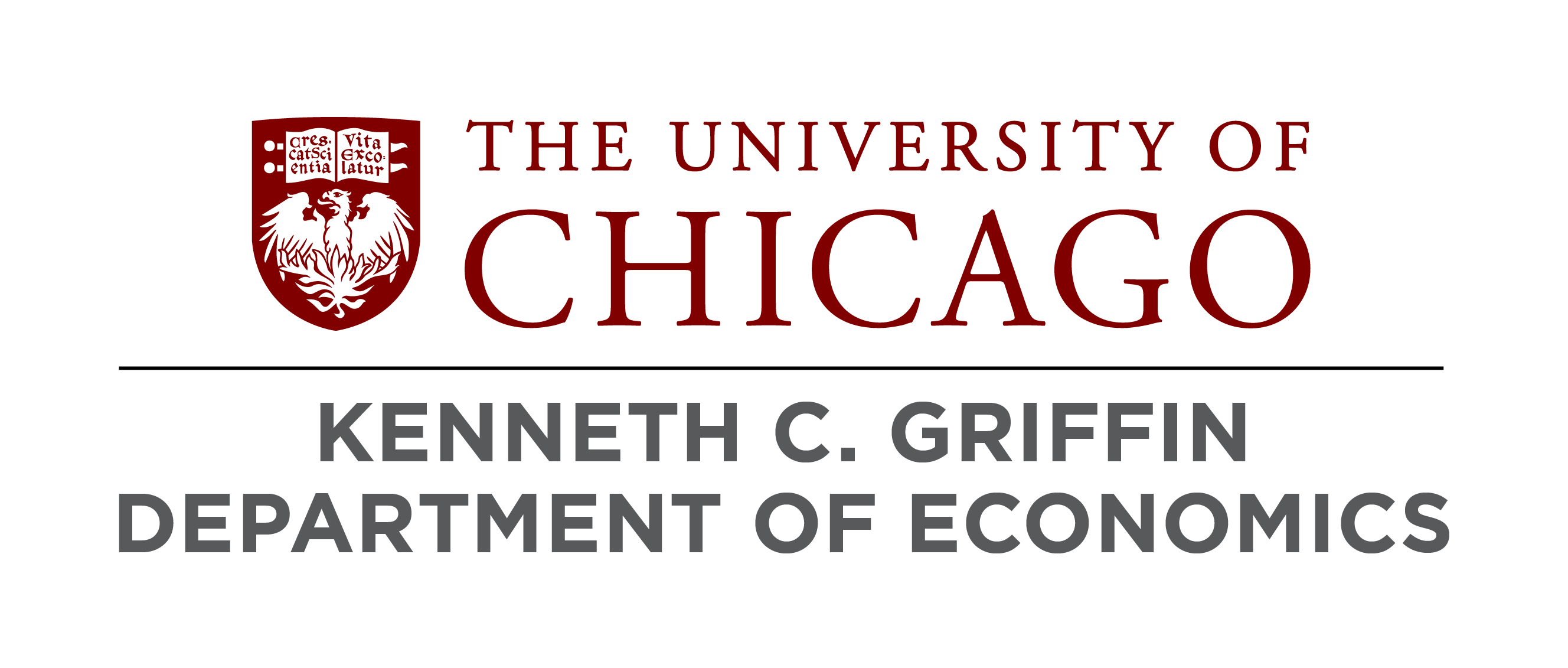
Primary Research Focus: Finance, Macroeconomics
Secondary Research Focus: Asset Pricing, Public Finance, Household Finance
References: Ralph Koijen (Chair), Lars Hansen, Rohan Kekre, Stefan Nagel, Eric Zwick
Federico Mainardi's Personal Website
Federico Mainardi's CV
Recent Research / Recent Publications
Abstract
Tax incentives on financial activities have a major impact on the U.S. government budget and currently amount to $1 trillion in foregone tax revenue per year. Motivated by this fact, this paper uses a novel empirical framework to study the role of fiscal policy as a driver of capital flows in financial markets, the cost and supply of financial products, and asset prices. Using fiscal reforms that shifted household demand for financial products, I document a large and persistent response of capital flows to tax incentives, accounting for up to 53% of the long-term growth of aggregate financial sectors. These shifts in capital allocation have persistent effects on the cross-section of asset prices, with securities that are held relatively more by subsidized institutions outperforming by 13 percentage points in the three years post-reform. The tax savings introduced by fiscal reforms, however, do not entirely accrue to households, as financial institutions retain up to 21% of these savings by increasing the cost of their products when market entry is limited. Given the large response of capital flows to tax incentives, I then investigate whether this response differs across individual U.S. households. I find that fiscal policy carries substantial distributional effects, which tend to benefit wealthier households. Having access to sophisticated advisors, ultra-high-net-worth households are significantly more responsive to tax incentives and earn a tax alpha of 50 bps annually relative to less-wealthy households. Overall, these findings highlight the importance of fiscal policy in shaping financial markets, with wealthier households benefiting from tax incentives more than less-wealthy households.
 THE UNIVERSITY OF CHICAGO
THE UNIVERSITY OF CHICAGO

